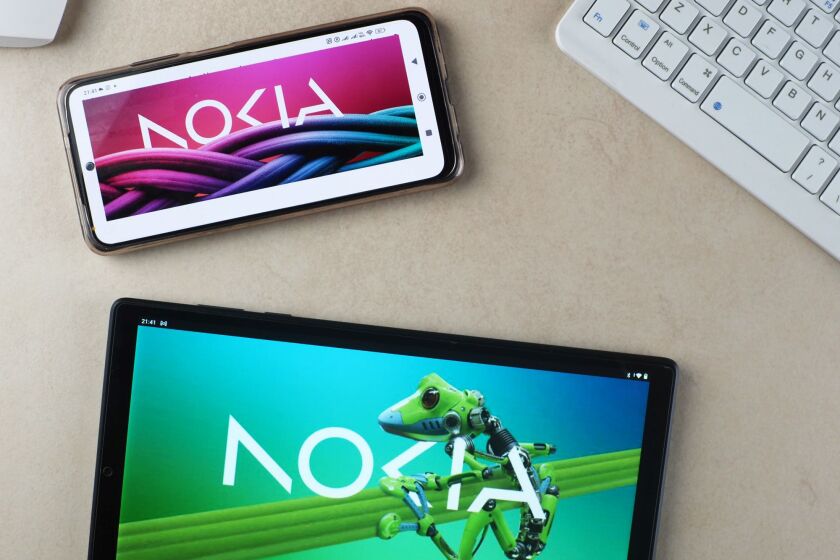India's appeal as a standard-essential patent litigation venue has so far mainly been based on its large consumer market.
Patentees have had something of an edge in the country because they have known that implementers, especially the likes of Oppo and Xiaomi whose biggest overseas market is India, couldn’t afford to exit the country.
On the downside, India is infamous for lengthy court proceedings.
Until now, patentees have, on occasion, had to wait several years before they could secure even first-instance relief.
Trials take even longer.
Also, until 2021, India had no judges who solely focused on intellectual property. Judges with general expertise were understandably careful about dealing with technical matters like patents, particularly SEPs.
This only lengthened court proceedings further.
Defendants also took advantage of the situation and adopted different tactics to delay proceedings.
But two recent judgments from the Delhi High Court show India’s jurisprudence is evolving in a way that could put it right at the forefront of the global SEP framework.
Court confidence
Over the past year, Indian courts have become more comfortable with carving out their path when adjudicating SEP disputes.
This shift in attitude has benefitted patentees.
While most courts worldwide have been conservative about granting interim relief, an appellate bench of the Delhi High Court held on two separate occasions this year that Indian courts are well within their powers to do so.
In Ericsson v Intex, the court said in March that Indian courts could grant interim injunctions or direct a defendant to deposit royalties as security while litigation plays out.
In Nokia v Oppo, a decision handed down earlier this week, the court affirmed the Ericsson ruling and asked Oppo to deposit a hefty sum to secure Nokia’s interests during proceedings.
This is already a win for Nokia, but there might be more good news on the way.
The decision will likely have a considerable impact on Nokia’s application for an interim injunction against Oppo.
That application is pending before a single judge in the Delhi court.
Justice Prathiba Singh is expected to rule in the coming weeks on whether Nokia was able to make a case. The fact that the appellate bench has already found Oppo to be an unwilling licensee will help the Finnish company.
Also, all single-judge benches of the court are bound by appellate bench rulings, which will again boost Nokia’s chances of securing an interim injunction.
As India is Oppo’s biggest overseas market (as claimed by Nokia), such an injunction could go a long way towards bringing the Chinese smartphone maker back to the negotiating table.
Pro-patentee
The Ericsson and Nokia rulings provide a lesson or two for onlookers.
While some other jurisdictions, including the UK, appear to be developing a more balanced SEP jurisprudence, India seems to be moving towards a pro-patentee stance.
On top of that, we are looking at reduced timelines, at least at the interim stage.
The Ericsson appellate ruling came eight years after the first-instance decision was handed down.
In contrast, the Nokia decision was issued just eight months after the initial ruling.
Of course, both disputes have their own peculiarities, and in the Ericsson case, the Swedish company had established the standard-essentially of its patents by the time the court issued the appellate decision.
Even so, eight years to eight months is a considerable drop in adjudication timelines.
On top of that, two courts in India now have dedicated IP benches and the principles for granting interim relief are already settled. This means patentees could reasonably expect even shorter adjudication periods.
Interim relief, particularly an injunction, is no joke. It has the effect of locking a party out of the market before they have been able to conclusively defend their rights.
As trial timelines continue to be considerably long, a defendant subject to an interim injunction could be locked out of the Indian market for years.
A counsel at Lenovo told me last month that they were much more apprehensive of injunctions than damages.
Given the size of India’s consumer market, I’m sure many companies that find themselves on the defendant's side will share that sentiment.
Eyes on India?
Another big positive for patent owners is that Indian courts are not scared of granting big awards.
In Ericsson, the appellate bench doubled the royalty granted to the Swedish company. In fact, the court said Ericsson was entitled to the full royalty it had asked for.
In Nokia, the court asked Oppo to deposit a considerable sum. The amount remains officially undisclosed but was accidentally leaked by the court.
Many patentees may turn their attention to India now that courts in the UK, a long favoured jurisdiction for SEP owners, have started to calculate more implementer-friendly royalty rates.
Of course, a lot depends on what happens with Nokia’s interim injunction application against Oppo.
I won’t be surprised if Nokia wins this round too.
If it does, patentees across the world will no doubt look at India with renewed interest.











